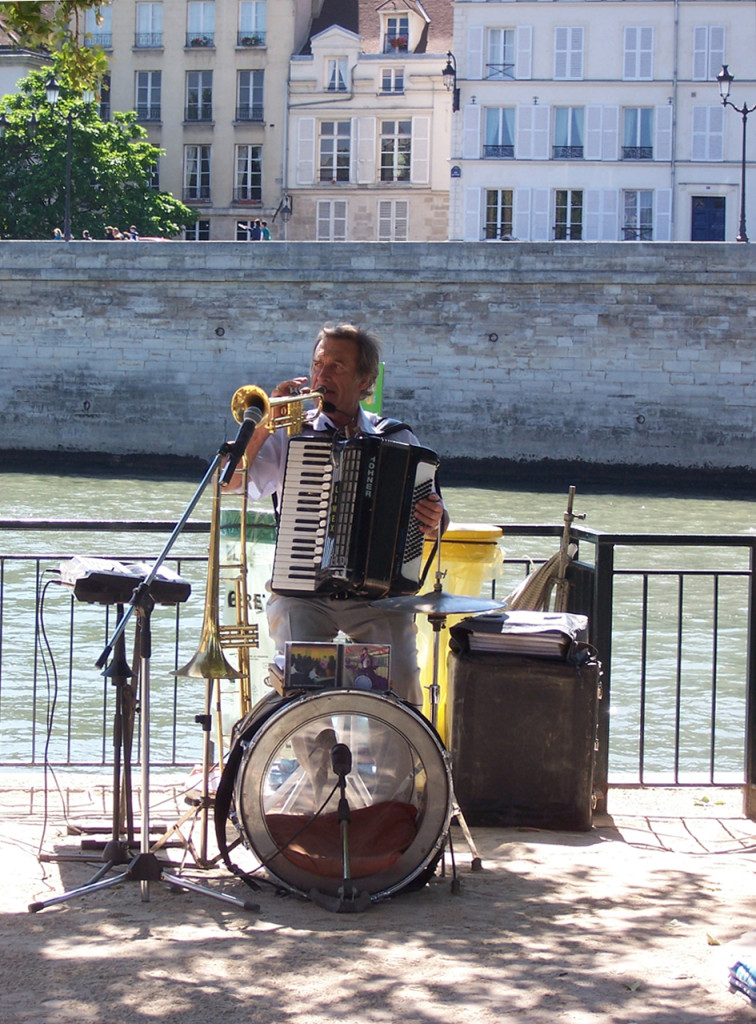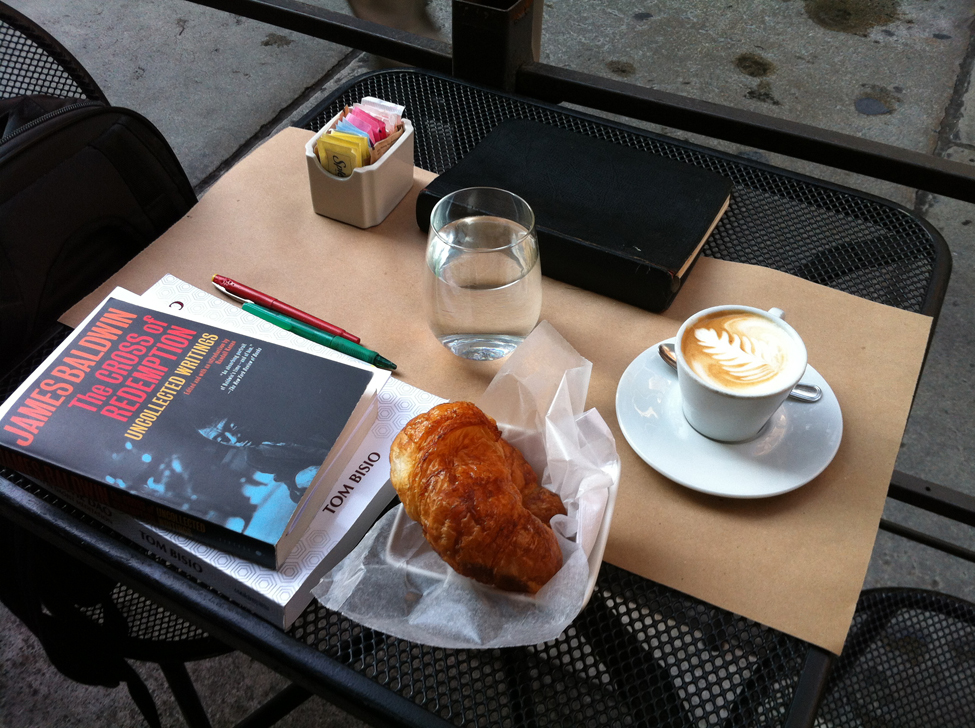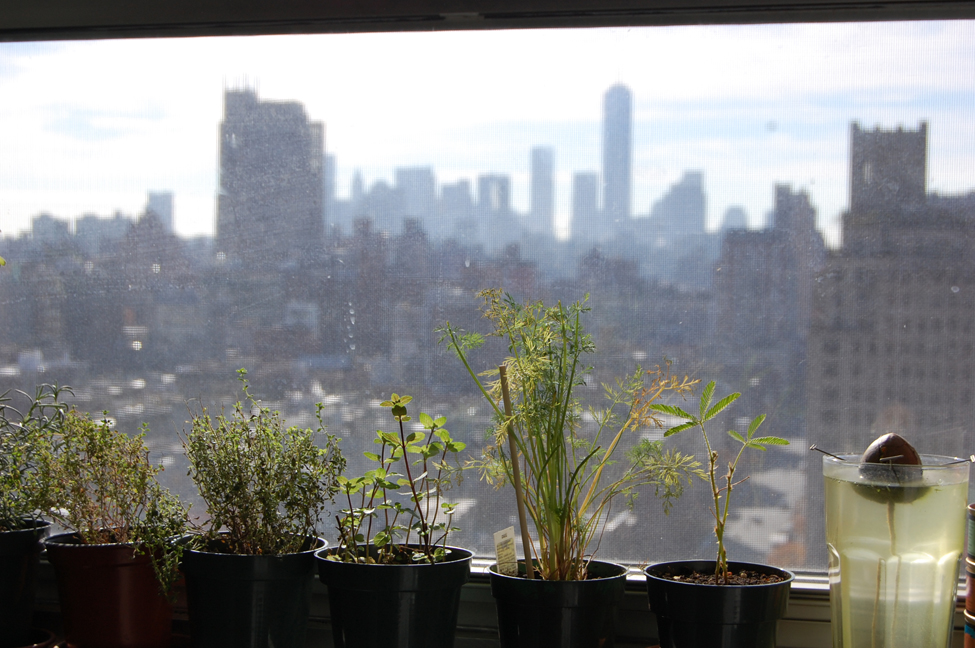XIX
Gökçenur Ç. writes:
I’m doing okay here,
days I stare out at the mountain, nights I secretly write
they say writing plunges one more deeply into isolation
I think not.
From “Flour Soup, Cherry Raki, a Pinch of Time,” translated from the Turkish by Mel Kenne and Suat Karantay.
Grayed minds think alike.
Umsicht, mon amour. Und hantieren.
Et manouvrier. Which, in Diderot’s usage, designates those arts-works (etymologically and practically of the hand) which adapt materials by cutting, shaping, joining, without giving them a “new state” in the sense that manufacturing arts do, i.e. a knitted shawl as distinct from a bicycle tire.
And then, the multiple meanings of the term kung fu, among them and most literally: “skilled, or skillful, work” carried out over time.
New djinn in old bottles.
The Valley Spirit never dies.
It is named the Mysterious Female.
And the doorway of the Mysterious Female
Is the base from which Heaven and Earth sprang.
It is there within us all the while;
Draw upon it as you will, it never runs dry.
This translated by Arthur Waley in his The Way and Its Power: A Study of the Tao Te Ching and Its Place in Chinese Thought. New York: Grove Press, 1958.
Tom Bisio quotes this passage in his Decoding the Dao, cited above. Bisio comments that “the low ground represented by the ‘Valley Spirit’ or ‘Water Spirit,’ as it is known in other texts, is the place where water collects. Through absorbing the ‘Water Spirit,’ plants, trees and other living things flourish and grow. The low ground, the valley, is considered to be nearer to the Dao than the hills; and in the whole of creation, it is… the “female” element alone that has access to the Dao which can be mirrored in a still pool [his italics]. A key element in Daoist meditation is the cultivation of inner stillness, which creates the proper environment for the transmutation of the essences of the body, so the heart spirit can return to emptiness.”
Can one ask for a purer, more vividly-drawn distinction between “East” and “West,” than that in the latter, the mirror of the still pool belongs to Narcissus, trapped for eternity by his own reflection?
In 1984, a Spanish literary magazine interviewed James Baldwin, then aged 60 (he would live three more years). ¿Había alguien, the interviewer asked qu lo guiara? “Did you have anyone to guide you when you were young?”
To which Baldwin replies:
I remember once walking in the Village with the black painter Beauford Delaney. We were stopped at a street corner waiting for the traffic light to change, and Beauford pointed down and said, “Look.” I looked and all I saw was water. But he insisted: “Look again.” Which I did, and I saw oil in the water and the city reflected in the puddle. For me this was a revelation. Which cannot be explained. He taught me to see, and to trust what I saw. It is often painters who show writers how to see. And once you’ve had this experience, you see in a different mode.
From “A traves del fuego: Entrevista con James Baldwin,” (Across the Fire: Interview with James Baldwin) by Jordan Elgrably, Quimera #41, September, 1984.
Irony, too, is self-depleting.
Unable to knit themselves into a dynamic equilibrium, the diverse cultures of the world have formed a monstrous, stitched-together composite beast. This hapless creature can neither fly, swim or amble – though it continues to try to do all these – and the functioning of one constituent is inevitably at cross-purposes with the others despite their now inescapable interdependency.
From what I can tell, this assemblage has very little chance of developing a coherent metabolism, or an integrated awareness of itself. What we are experiencing is not so much globalism’s growing pains as an agonizing and evermore violent living dismemberment in service of an illusory unity.
IPO of the century:
SigmunDroid.
Susquehanna Hats and Their Discontents.
The Case of Anna Bacchiagalupe.
Vicissitudes and their vicissitudes.
Cezanne at Mont Venturi.
Passing strange, but passing.
Mercury’s in Petrograd.
Money doesn’t buy coherence.
But the moment will not freeze. So it is we, we who must melt.
Is the Dao an anti-occident?
Alcoholix synonymo.
We are the sheetrock soldiers.
Nature abhors a vacuum. Horror vacui.
O Aristotle, do we contain what we abhor? Or does abhorrence obliterate the abhorred thing? How is it possible for something, or in this case, nothing, to be imagined and not exist? How can a manifestation of nature be abhorred by nature?
Ask a woman, politely, to open her mouth. Then, if she accedes, carefully count her teeth. Do it twice to make sure. Then begin again, Finnigan.
O void!
Take that, Electrolux!
The American Muezzin of Natural History.
The “See, I can do it too,” of Man demonstrates his illusion that “he” and “nature” have diverged. The dichotomized, mutually-exclusive binary digital mode into which global culture has now looped, attenuates toward the unsustainable the continuous breath of life, at once differentiated and integral by function.
The span of years in which the World Trade Center “occupied” Lower Manhattan broadly coincides with the development and massification of the digital mode. Collapse, then, into a pile of analog, of the unsustainable binary.
Did a Japanese-American architect (East is East and West is West), “know” this? Did Yamasaki signal a warning in the language of steel and concrete and armored air?
Western debate concerns ways of becoming happy. And they all lived…
Is it possible to imagine a narrative mode – a strategy of being – beyond the quest for happiness?
But he grew old –
This knight so bold –
And o’er his heart a shadow
Fell as he found
No spot of ground
That looked like Eldorado.
And, as his strength
Failed him at length,
He met a pilgrim shadow –
”Shadow,” said he,
“Where can it be –
This land of Eldorado?”
Aporia, mon amour.
What is the nature and quality of the gaze we turn to the world? What, and how, is the gaze of our inner eye? And what is their relation? Can we speak of them as plural?
“Anything is bearable,” says Goethe, “but a stretch of sunny days.”
“No sooner had a Western ideology singled out the idea of happiness from the continuity of process and set it forth as ‘the desirable’ par excellence, while also conceiving of it as unattainable, or – worse still – intrinsically unbearable, than it became trapped in a contradictory formulation that easily leant itself to various dramatizations of ‘existence.’” Says Jullien in Vital Nourishment.
All nouns contain a hidden verb.
Does the house cease to process when we stop building it?
When the Grand Armée arrived on the east bank of the Neman, it did so pre-defeated. A teleology, however fat and powerful – as Napoleon was – so fat, in fact, that he had to be helped onto his horse – cannot prevail against the “endless.”
And it is by the hand of teleology that the West has lived, and now “destructurates,” imagining its “end” to be inevitable, even as the rear guard, too late, attempts to inject it with a tonic laced with processives, q.v. Hegel: das Leben als Prozess (Phenomenology of Spirit).
It is possible, of course, for someone who refuses to ride the subway to nonetheless be traveling on the wrong train.
XX
Neither a Socialist nor a Negro be.
Still, “in a very real sense the Negro problem has become anachronistic; we ourselves are the problem, it is our hearts only that we must search.” Wrote Baldwin from France in 1949.
Go telos on the mountain…
Jews only live twice…
And Lady Mondegreen.
…or so it seems.
A shoe is adequate if it makes us forget the foot. A belt is adequate if it makes us forget the waist… Let adequacy begin and nonadequacy cease and you achieve the adequacy that makes you forget adequacy. Suggests Zhuangzi.
To which Jullien adds: “Instead of the idea of destination, Zhuangzi offers that of ‘free evolution’ (you), proceeding in comfort, at will, without a designated port and without anxiety over the outcome…
Once free of all impediments, life itself is capable of inducing and inciting, so that the result flows constantly and consequentially to the point of satiety. There is no need to project the result some distance away (necessitating a quest) or turn it into a fixed finality.” (Vital Nourishment, p. 109).
The sheer physics of it: theory vs. practice.
And the West hangs up a sign: Gone fission. And stickers its bumper: I’d rather be…
“President Lincoln ‘consulted the published AP text when making his final copies of the Gettysburg Address in Washington,’ an Associated Press video says. Twenty-one-year-old Joseph Ignatius Gilbert, who covered the speech for AP, had reported on Lincoln before and ‘was familiar with his high-pitched voice,’ something that was ‘surely an advantage’ during Lincoln’s two-minute oration, a definitive copy of which remains ‘elusive,’ according to a separate AP story.
Timbre and all, Gilbert found himself so moved by the speech that ‘I unconsciously stopped taking notes and looked at him.’ Lincoln let the reporter copy his second draft of the speech. There are differences between the two documents: Lincoln’s use of the word ‘poor’ in ‘our poor power to add or detract’ doesn’t appear in either Gilbert’s account or that of another correspondent on the scene, Charles Hale. But it was in several drafts, including the second.
The phrase ‘under God,’ in the formulation ‘that this nation, under God, shall have a new birth of freedom,’ doesn’t appear in the first drafts of the speech, but Gilbert and Hale recorded it. ‘Lincoln probably inserted under God while speaking,’ Valerie Komor, the director of AP Corporate Archives, says in the video’s narration. The 16th president ‘benefitted by consulting the AP version in making his final copies as he could improve or retain wording guided by a version he trusted.’
“This is the West, sir. When the legend becomes fact, print the legend.”
Who shot Liberty Valence?
And of “our poor power (to add or detract)…”
Is there for honest poverty
That hings his head, an’ a’ that?
The coward slave, we pass him by –
We dare be poor for a’ that!
For a’ that, an’ a’ that,
Our toils obscure, an’ a’ that,
The rank is but the guinea’s stamp,
The man’s the gowd for a’ that…
Sang Rabbie oncet to the tune of For a’ that.
Shepherd spy and a pint a’ Guinness…
White collard lady mondegreens.
Reeling and writhing, of course, the Mock Turtle replied.
“I was as wrong as you can be, and still live to tell about it,” wrote Seymour Krim in Views of a Nearsighted Cannoneer, speaking, in 1961, as much for the generation to come, as for his own. Though who among them lived? And of those, who could utter, much less tell…
What about the body is not the body?
Sure, freedom’s in a tower. But it isn’t fixed there, anymore than breath is fixed within us.
We’ve been fractured by these fairy tales.
Hook people on the promise of freedom and you undermine their innate ability to practice freedom. Gradually they will find it impossible to locate freedom in their bodies. They will even imagine they do not know how to breathe. At that stage, you will no longer need to be, or invoke, an iron chancellor. You can simply sell people iron lungs. Then move into more profitable plastics. And software. Vaporware. Pneuma digital.
Cloud cuckoo land.
Let them breathe zeroes. And ones.
At once.
Zombies with clean faces.
November 22, 1963: release in the UK of the first Beatles LP.
Back in the U.S., the then-newly minted CBS Morning News features a clip of the lads singing “She Loves You.”
Then in Dallas…
Written on Abbot Lun’s Wall at Mount Chiao
The Master stays on Mount Chiao
(though in fact he’s never “stayed” anywhere).
No sooner had I arrived than I asked him about the Way,
But the Master never said a world.
Not that he was at a loss for words –
He saw no reason for replying.
Then I thought: Look at your head and feet –
Comfortable enough in hat and shoes, aren’t they?
Like the man with the long beard
Who never worried how long it was.
But one day someone asked him,
“What do you do with it when you sleep?”
That night, pulling up the covers,
He couldn’t decide if the beard went on top or under.
All night he tossed and turned wondering where to put it,
Till he felt like tearing it out by its roots.
These words may seem trite and shallow
But in fact they have a deep meaning.
When I asked the Master what he thought,
The Master smiled his approval.
Wrote Su Dong Po once upon a time in the Song.
On the path in Central Park: sycamore leaves the size of dinner plates.
All, all the young Druids…
The Seventh Seal barks louder than the rest. And no amount of mortal herring will assuage it.
Proposal for a verb: To flowt.
“He regrets nothing when he goes too far; when he performs adequately, he takes no credit.” Observed Zhuangzi.
New York: Proposal For a Floating City.
Always tells Never about the Pride of Frankenstein and the Festival of the Air.
Incense and Insensibility.
Tengo una pregunta. Por favor, ¿Cuál es la diferencia entre “careless” and “carefree”?
William Kairos Williams.
Pídame otra. O canta.
Kairos love, like a river flows…



